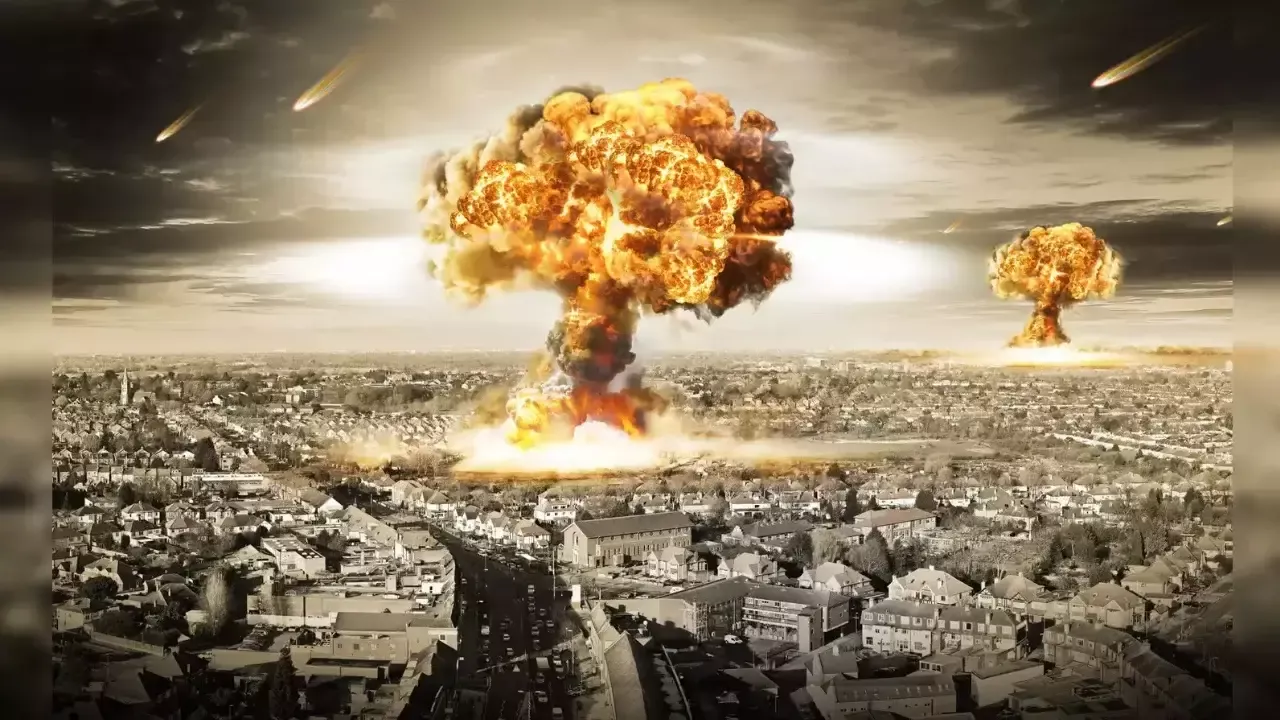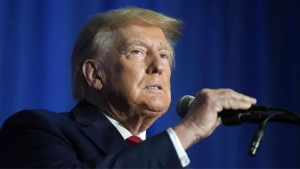The risk of five serious conflicts is increasing worldwide

Political analysts and international publications, including Politico, warn about the possibility of five serious conflicts and wars emerging worldwide within the next five years. This was reported by Zamin.uz.
These analyses are based on the latest information gathered by the intelligence agencies of the United States. Firstly, the dispute between India and Pakistan is considered the most dangerous.
Both countries possess nuclear weapons, with their numbers being higher compared to other countries worldwide. Pakistan has 170, while India has 180 nuclear weapons.
The escalation of internal political situations could intensify the conflict between these two countries. Any small misunderstanding could potentially lead to a major catastrophe.
Secondly, the tension between China and Taiwan could play a crucial role in determining global power in the 21st century. Although the United States has long supported Taiwan, some analysts doubt how much this promise will be upheld.
Any tension in the region could negatively impact global politics. Thirdly, the geopolitical conflict between Russia and the Baltic states also poses a significant threat.
Russia's goal is to regain control over historical territories and to test the strategies of NATO and European countries. Any action in this region could seriously threaten European security.
Fourthly, conflicts along the India-China border are also a serious issue. Due to the presence of many populated areas in India, misunderstandings and escalations in the region are more likely.
Currently, although the troops of both countries are restricted from carrying weapons at the border, there are no traditional prevention mechanisms or communication lines. This situation indicates that any mistake or wrong decision could lead to a major conflict.
Fifthly, the Korean Peninsula is one of the most uncertain and dangerous regions. North Korea is weakening due to economic pressure and hunger.
The government's strict policies have paralyzed the country. Kim Jong Un may not see himself as the next Saddam Hussein or Muammar Gaddafi, but his focus is mainly on nuclear weapons.
If he senses weakness or threat, the likelihood of unexpected events is high. Experts emphasize that conflicts in these five regions are not limited to military disputes.
They can also significantly affect the global economy, politics, and international diplomacy. Therefore, these conflicts will remain in the spotlight over the next five years, forcing countries to reconsider their security strategies.







